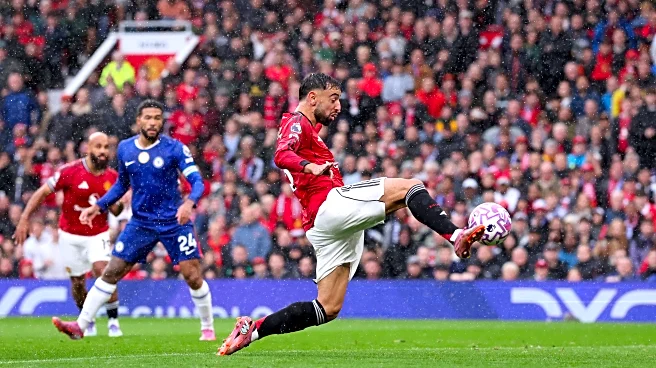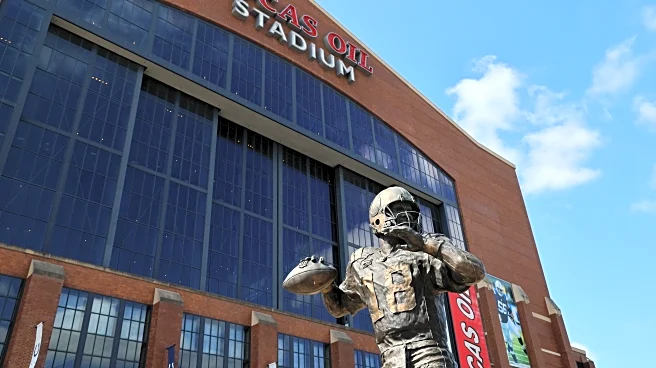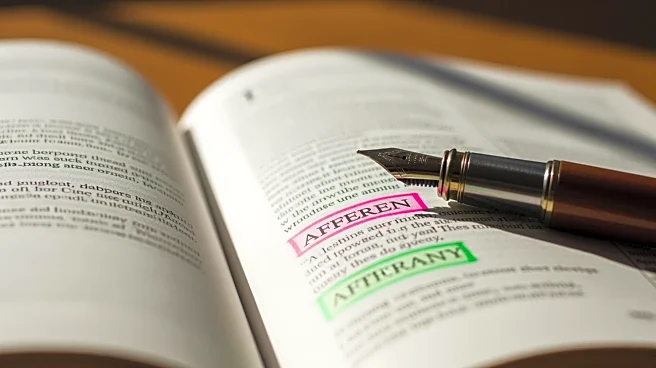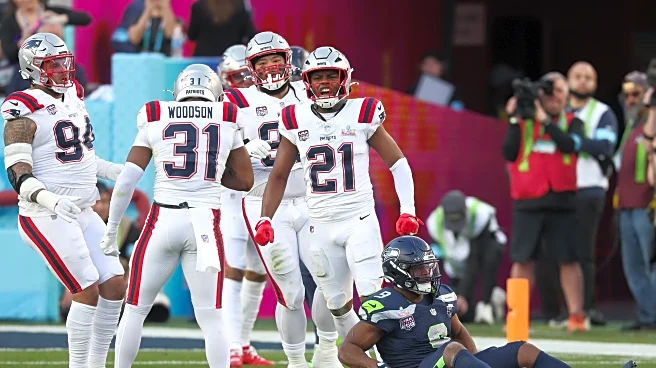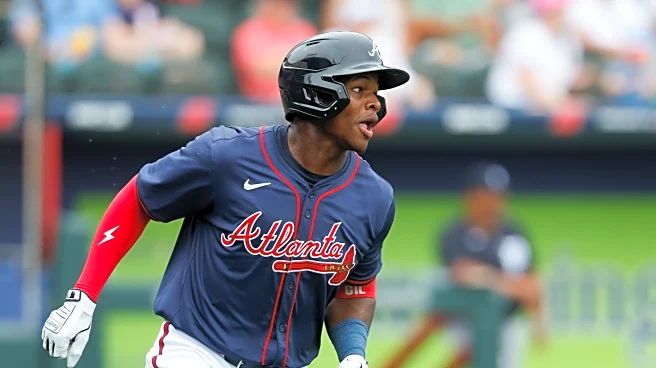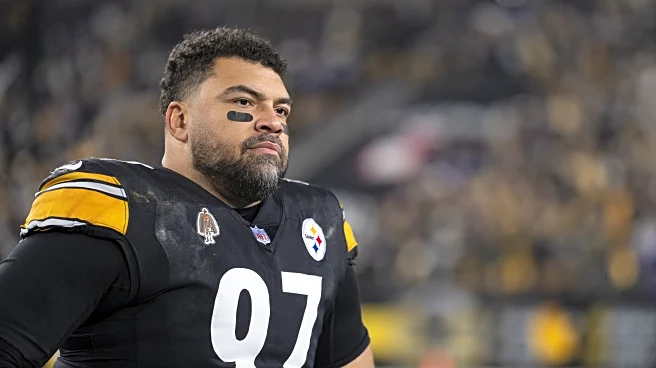Manchester United earned a 2-1 win over Chelsea this past weekend. A red card to Robert Sanchez five minutes into the match all but ensured there wouldn’t be much to take away from the match, analytically speaking, but there were still positives and some worries to look into.
The Good
Three points
You don’t apologize for wins and they can’t take those three points away from you. It’s now seven points from the opening five games, the same amount United had at this point last year and the same total they had at this point in 2020-21
– when they would go on to finish with 74 points. The 1.4 points per game will need to be improved on but United have already played three of what will likely be their most difficult eight games.
A lot was made about the difficulty of the first few games when the fixture list was originally released. United won 10 points in the corresponding fixtures last season compared to just seven this time around but given the concentration of these difficult games to each other, they seem to be sitting in a pretty good spot.
The return of Cunha and Mount
Matheus Cunha has been one of the bright spots in United’s first few matches, so it was not a pleasant sight for fans to see him sitting on the turf clutching his hamstring in the first half against Burnley. You never know when it comes to hamstrings. Sometimes you bounce right back from them, and sometimes you’re set for an extended spell on the sidelines. Ultimately, Cunha missed a game and a half and when he came on the pitch, he looked like, well, Cunha.
The same can be said for Mason Mount who was withdrawn at halftime against Burnley for precautionary reasons. No official news was given on Mount’s injury but he’s had a very long injury history with United. It’s good news to see him back on the pitch already.
Luke Shaw
Many people didn’t have their A game in the Manchester Derby, but perhaps none worse than Luke Shaw. Shaw delivered an excellent bounce-back game on Saturday and was immense in the second half when Chelsea started gaining momentum.
Bayinder’s distribution
Less than four minutes into the game, a long ball from Altay Bayindir changed the entire complexion of the match. Benjamin Sesko won the initial header and Bryan Mbeumo burst in behind, only to be taken out by a high boot from Robert Sanchez, leaving Chelsea to play with 10 men for 85 minutes.
This is not the first impact Bayindir’s distribution has had this season. On the opening week against Arsenal, he was spraying passes all over the pitch. Against Fulha,m it was his direct pass that led to Cunha’s shot that hit the bar, and Mbeumo’s goal against Burnley came from a direct ball from Bayindir, flicked on by Zirkzee.
This was also the second time in United’s last four home games that they’ve gotten the opposing goalkeeper sent off. Is this the new plan A?!?
The worrisome
Lack of attack
The lopsided possession in the second half doesn’t bother me as the game state had a big impact on United being able to just sit back and play off the ball. Yes, it was technically played “on even terms,” but given the timings of the sending offs, this was the equivalent of two people having to run a 400-meter race, only one person had to run 300 meters right before the race started, and the other athlete was given a 40-meter head start.
What was concerning was the inability to attack in the first half. United played nearly the entire first half up a man and came away with very little. United finished the match with just four shots from open play, against a side playing with 10 men!
United attempted 26 crosses in this match – the same number they attempted against Burnley only this time they had 138 fewer touches of the ball and 66 fewer touches in the final third. They were completely devoid of ideas in the final third.
Following Bruno’s goal United had just one shot over the next 23 minutes. Yes, they had a one goal lead and didn’t need to attack but then any mistake levels the score. This was the time to press your advantage and put the game out of reach by halftime. If United were trying to attack and couldn’t generate any shots, that’s a major concern. If Amorim decided to take his foot off the gas with just under 75 minutes of the game left, that’s equally concerning from a game management perspective.
Upon going down to 10 men, Chelsea essentially waved the white flag. Within the first 20 minutes of the match, they had taken off all three of their creative midfielders, opting to match United’s shape at the back and play a 5-3-1. Once they made that switch, United managed only one shot from open play over the final 70 minutes.
It’s not too dissimilar to Fulham changing their shape to match United’s 15 minutes into their match back in August. Following Fulham’s adjustment, United didn’t manage an open-play shot for the rest of the match.
What does it say about you that when teams match your shape, it completely neutralizes you?
Benjamin Sesko
The Slovenian’s tough start at Old Trafford did not get any easier. Playing against 10 men, the former RB Leipzig man failed to make an impact. Or rather, he failed to do much of anything. Sesko had just eight touches in 45 minutes and received just five passes. Two of those passes came from Harry Maguire and Altay Bayinder.

Through limited minutes in five games so far United have still been unable to find their new striker in attacking positions. Sesko has been very good in winning aerial long balls and his flick on is what changed the match for United, but the club didn’t spend £70 million to sign a glorified target man.
Even against a team playing a man down, Sesko could not find space, and United couldn’t find him. The blame for this shouldn’t all fall on Sesko. United to get the ball to Zirkzee in his limited minutes as a striker this season as well, and this was a persistent problem with Zirkzee, Marcus Rashford, and Rasmus Hojlund last season, which only got worse after December.
One area of concern was Sesko’s positioning for Bruno Fernandes’ goal. It was the right positioning, and Bruno ended up being next to him, but it was Bruno who reacted to Patrick Dorgu’s header the way a striker should react while Sesko watched the whole play go by.

There are still a lot of kinks in his game that need to be worked on.
Defending corners
Manchester United have conceded 21 corners this year – sixth fewest in the league. They are conceding 4.2 corners per game (small sample size alert), which is not only down from the 4.74 they conceded last year but is the lowest rate of the last nine years.
They have conceded twice from those 21 corners a rate of 9.52 percent. They also conceded a goal from a corner in the League Cup against Grimsby Town. In Ruben Amorim’s 32 Premier League matches, United have conceded nine goals from 153 corners. That 5.88 percent is by far the highest rate in any of the last nine years.
It didn’t hurt United on Saturday, but this is something that badly needs to be figured out.
